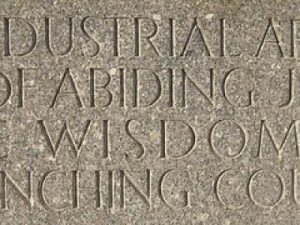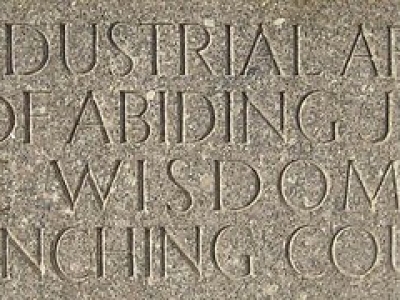 By Victor Smith
By Victor Smith
In order for a party to commence arbitration proceedings against another party there must be a valid arbitration agreement between the parties.
Assuming this is the case and the party wishing to commence the arbitration is confident it will win the case and that in the event it is successful that the other party has sufficient assets to comply with the award, either locally or in a foreign jurisdiction, arguably two of the most important decisions a party will have to make for the arbitration are:
- Who should represent me in the arbitration?
- Who should I appoint to be the arbitrator?
It should be abundantly clear why the above questions should be asked; the question is what criteria should be adopted to choose a representative and the arbitrator?
Choice of representative
In most jurisdictions the chosen representative does not need to be a lawyer. In a simple case (normally small consumer documents only cases) it is even expected that the parties will represent themselves in the arbitration.
The most important criteria when choosing a representative are to ensure that he/she:
- Is allowed to represent the parties under the local laws
- Is sufficiently experienced in the subject matter of the dispute
- Is sufficiently experienced in representing parties in arbitrations
- Is well acquainted with the governing law of the arbitration
- Is well acquainted with to arbitration rules under which will be used
In the event the potential representative does not meet the above criteria it is unlikely he/she would be a good choice to act as the party’s representative.
The arbitration qualifications that either a potential representative or potential arbitrator may hold may be an additional criteria to be considered. However, it should not be assumed that all arbitration qualifications evidence an extensive knowledge of and experience in arbitration; some qualifications such as Associate or Member of The Chartered Institute of Arbitrators or Member of the Chartered Institute of Arbitrators (ACIArb and MCIArb) require only limited knowledge of arbitration and passing a one or two day arbitration course.
Of course cost may also be a criteria but this should not be considered as the most important criteria; the winning party in the arbitration may be awarded its legal costs by the arbitrator, however this is dependent on the governing law of the arbitration and the arbitration rules that are used for the arbitration.
So how does a party ensure the representative it is considering meets the above criteria? Normally the best way is to have interviews with several potential representatives. A potential representative may profess to have certain qualifications and experience in arbitration matters however, given the serious nature of the decision to be taken by the party, it is advisable to request to see sanitized documentary evidence to confirm this; any experienced representative would understand this request and be happy to comply with this.
Choice of arbitrator
Normally a Tribunal would comprise of one or three arbitrators; where there is only one arbitrator the parties can, and should, agree upon the person to be the arbitrator. Where there are three arbitrators normally each party chooses one arbitrators and the two chosen arbitrators agree on the third arbitrator who would be the Chairman of the Tribunal.
It should be noted that under some arbitration rules the parties do not have the last say as to who would be the arbitrator(s). Under the ICC arbitration rules the parties can only nominate arbitrators and the ICC has discretion whether or not to confirm the appointment.
The most important criteria in choosing an arbitrator are to ensure that he/she:
- Is independent
- Is impartial
- Has no conflict of interest
- Is experienced
- Is suitably qualified and meets the qualification criteria required by the parties
- Has knowledge of the subject matter in dispute
- Has sufficient time to deal with the arbitration
- Is fluent in the language of the arbitration
When a person is nominated to be an arbitrator leading arbitral institutions request the nominated arbitrator to make a declaration to ensure he/she complies with at least most of the above criteria.
The question is how does the party ensure the arbitrator meets the above criteria before choosing the arbitrator? Whilst there is some debate about how much communication there should be with the arbitrator before he/she is chosen clearly there has to be some communication to determine whether or not the potential arbitrator meets the required criteria. Normally the level of communication is best left to the discretion of the arbitrator. The parties can request the arbitrator’s CV, copies of his/her qualifications and sanitized documents to prove his/her experience as an arbitrator; an experienced arbitrator would understand such a request and be happy to comply with this.
In order for the arbitrator to confirm he/she had no conflict of interest the party would have to disclose the names of the parties, in confidence, to the arbitrator. The arbitrator may request other details of the arbitration, e.g. the nature of the dispute etc. which should also be given in confidence.
Conclusions
Clearly the choice of the representative and the choice of the arbitrator are very important decisions which a party has to make. It is suggested that the above criteria be used when choosing either their representative or the arbitrator.
Given the serious nature of the these decisions it is recommended that if a party has any doubts as to the qualifications or experience of the potential candidates the party should request further clarification from them.








